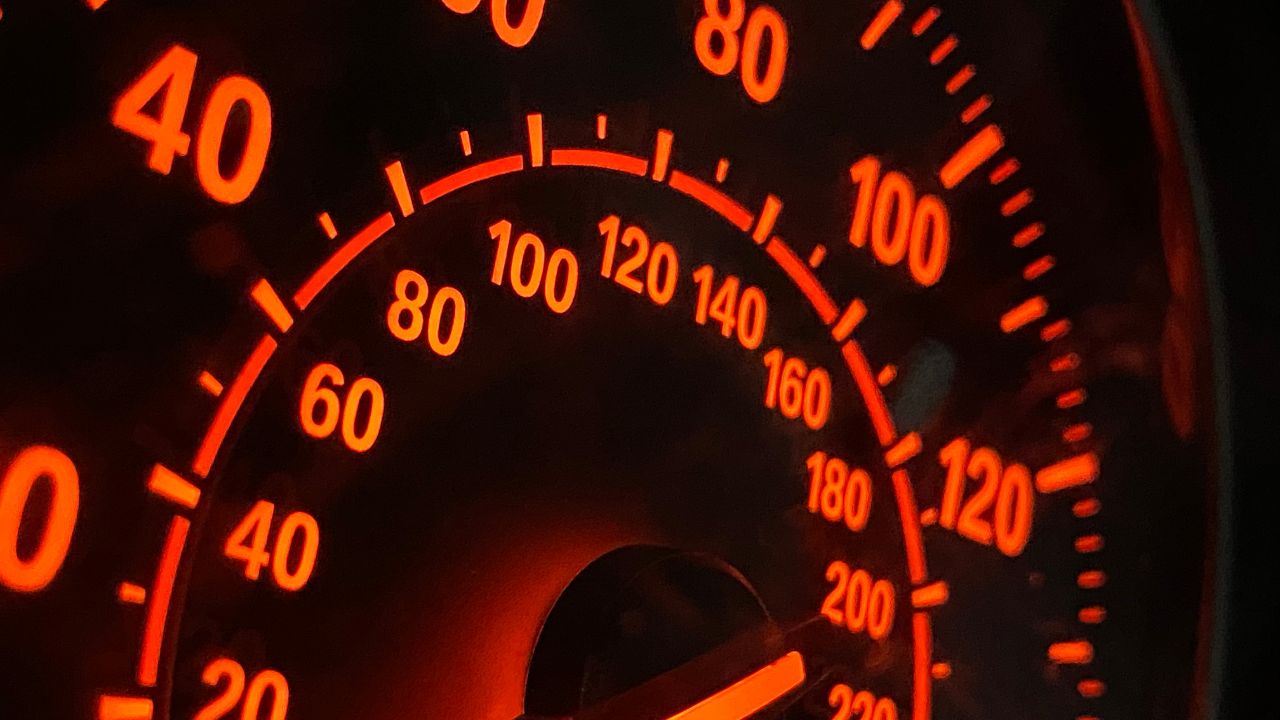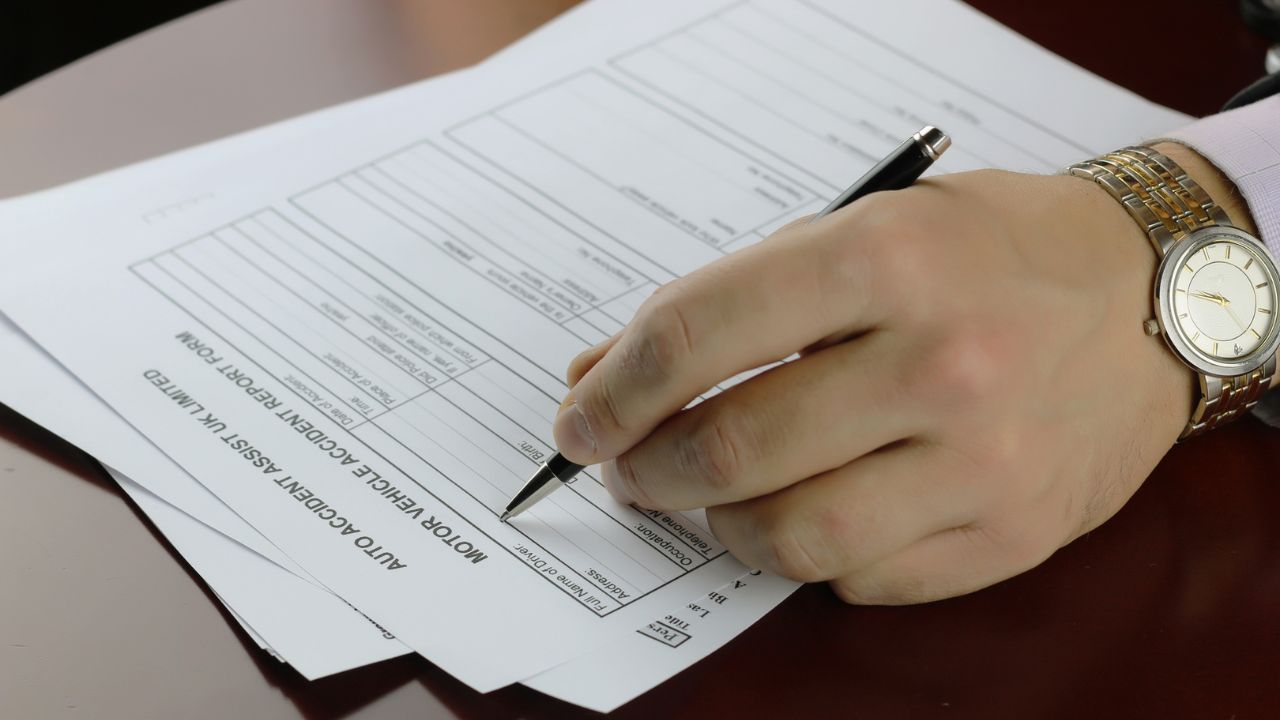If you’re planning to buy a used car in California, it’s essential to understand the legal aspects to ensure a smooth and hassle-free transaction. From warranties to lemon laws and consumer rights, this guide will cover everything you need to know about used car laws in California.

Understanding California’s Lemon Law
The Lemon Law is designed to protect consumers who purchase vehicles that have significant defects. In California, this law applies to both new and used cars. However, there are specific conditions and time frames you need to be aware of:
- Coverage: The Lemon Law covers vehicles that are still under warranty. For used cars, this typically means the vehicle must be sold with a manufacturer’s warranty or an extended warranty from the dealer.
- Defects: The law applies if the car has substantial defects that impair its use, safety, or value. Minor issues like squeaks or rattles may not be covered.
- Time Frame: Generally, the law protects consumers for up to 18 months from the date of purchase or 18,000 miles, whichever comes first.
If you believe you’ve purchased a lemon, you might be entitled to a refund or a replacement vehicle. Consult with a legal expert to explore your options.
Warranties and Service Contracts
When buying a used car, it’s crucial to understand the warranties and service contracts that come with it:
- Manufacturer’s Warranty: This warranty is provided by the car manufacturer and typically covers major components such as the engine and transmission. Check if the vehicle is still under the original manufacturer’s warranty or if it has been extended.
- Dealer Warranty: Some dealerships offer their own warranties on used cars. These can vary widely in terms of coverage and duration. Always review the warranty terms and conditions carefully.
- Service Contracts: These are optional agreements that provide additional coverage beyond the manufacturer’s or dealer’s warranty. They can be beneficial but ensure you understand what’s covered and what’s not.
How to Verify Vehicle History

Before finalizing your purchase, it’s essential to verify the vehicle’s history. This can help you uncover any potential issues such as accidents or title problems:
- Vehicle History Reports: There are several online services that provide detailed reports on a car’s history, including previous ownership, accidents, and odometer readings.
- California DMV License Plate Lookup: To get more specific information, you can use this tool to find details about the vehicle’s registration history. This can help you ensure that the car has been properly registered and does not have any unresolved issues.
Consumer Rights When Buying a Used Car
California law provides several protections for consumers buying used cars. Here are some key points to remember:
- Disclosure Requirements: Dealers must disclose specific information about the vehicle, such as previous accidents, odometer readings, and whether the car has been declared a total loss.
- “As Is” Sales: If a used car is sold “as is,” the dealer is not responsible for repairs after the sale. Make sure to get a written warranty or service contract if you want additional protection.
- Cooling-Off Period: California does not offer a cooling-off period for used car purchases, meaning once you’ve signed the contract, you typically cannot cancel the sale.
Steps to Take Before Buying
To ensure a smooth purchase, follow these steps before buying a used car:
- Inspect the Vehicle: Have a trusted mechanic inspect the car for any hidden issues.
- Test Drive: Always take the car for a test drive to check its performance and handling.
- Check the VIN: Use services that allow you to find VIN by license plate. This can provide additional information about the car’s history and verify its legitimacy.
Finalizing the Purchase

Once you’ve decided to proceed with the purchase, ensure that all paperwork is correctly completed:
- Title Transfer: The seller must provide a clean title to transfer ownership. Verify that there are no liens against the vehicle.
- Registration: You’ll need to register the car with the California DMV. Ensure all forms are completed accurately to avoid delays.
- Payment: Be cautious with payment methods. It’s often safer to use a bank transfer or certified check rather than cash.
Conclusion
Understanding California’s used car laws can help protect your rights as a buyer. From lemon laws and warranties to verifying vehicle history and consumer rights, knowing these details will ensure you have a positive buying experience. Always do your due diligence, and don’t hesitate to consult with a professional if you have any doubts or questions.